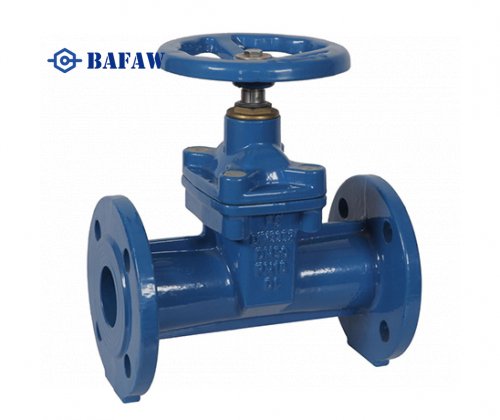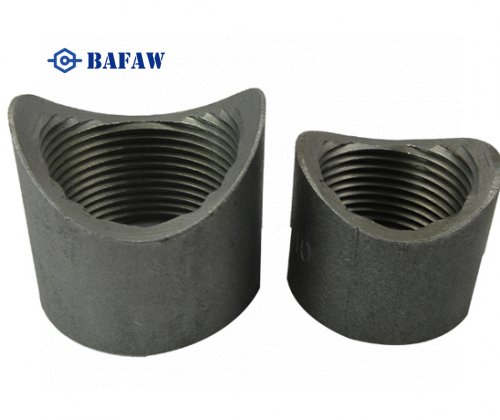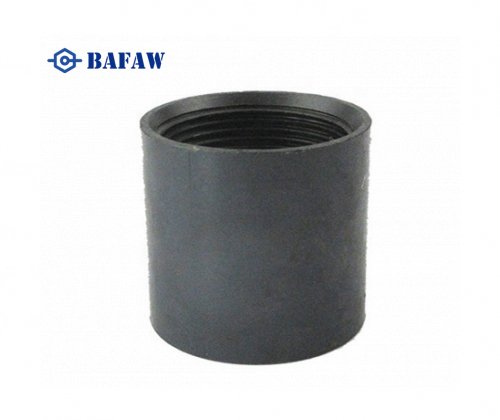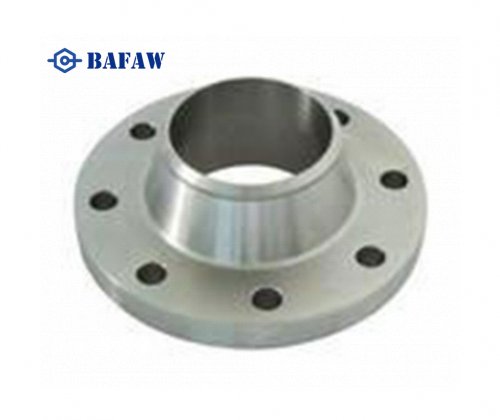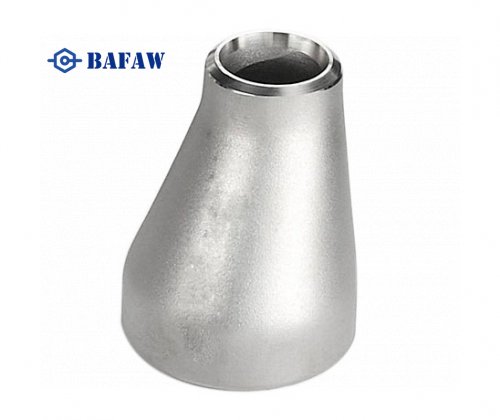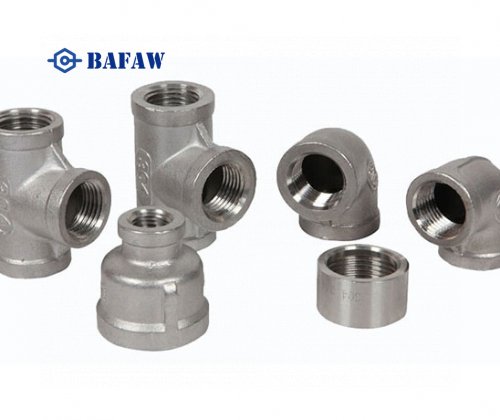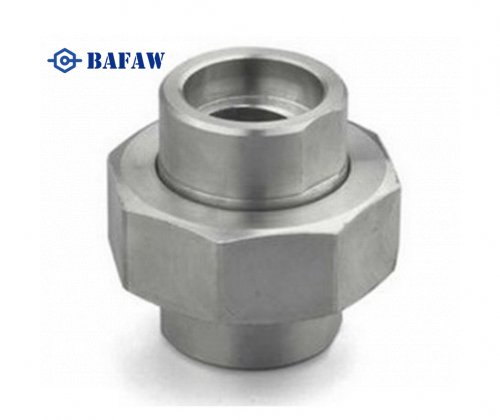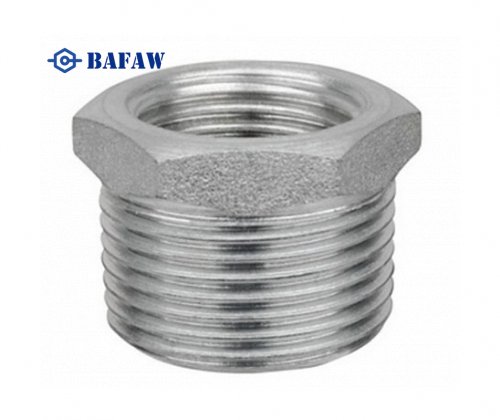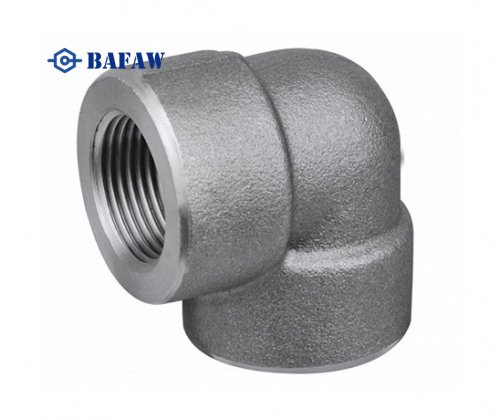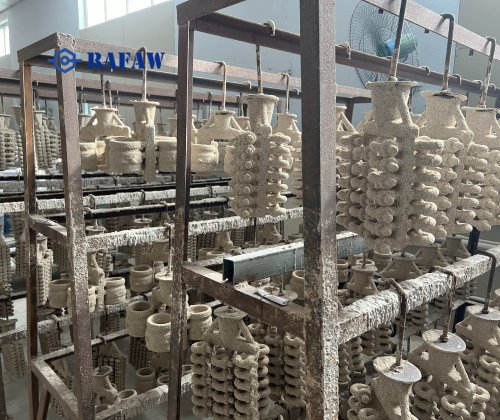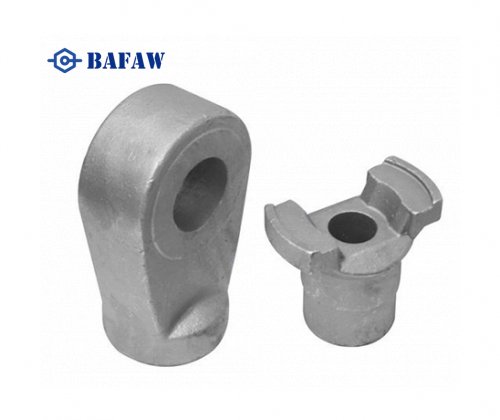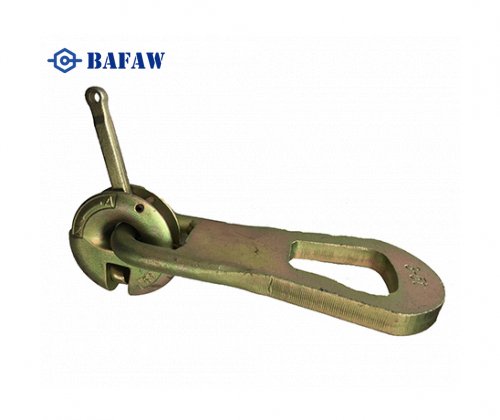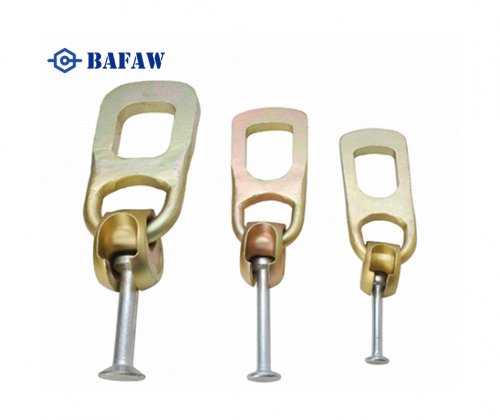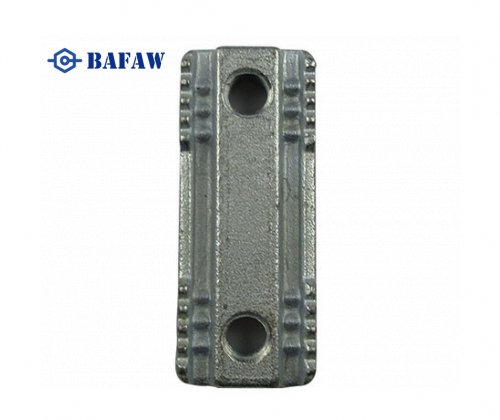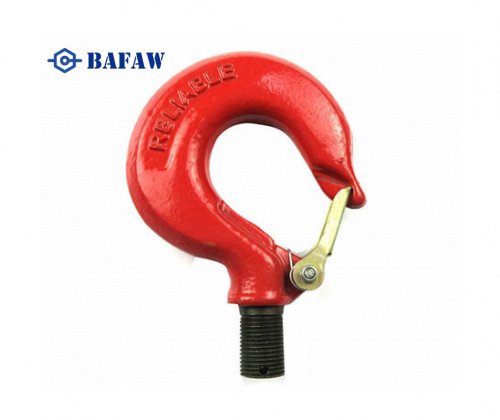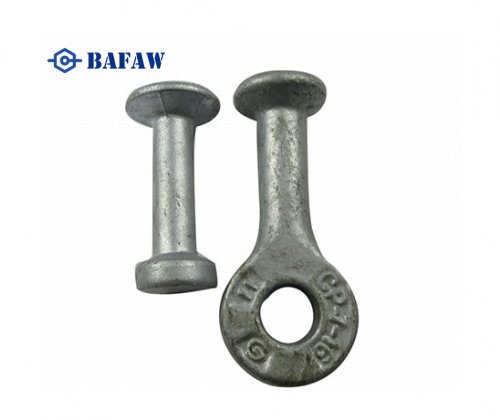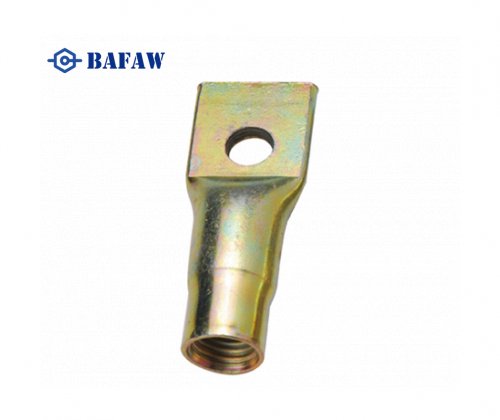Check valves have widespread applications in the petroleum and natural gas industry, primarily used in pipeline systems, wellhead equipment, and other critical locations to prevent fluid backflow, protect equipment, and ensure the reliable operation of systems.
In natural gas transmission systems, check valves play a vital role in preventing backflow, hazardous gas mixtures and the risk of pulsating pressure. Improper gas flow can lead to potentially dangerous problems such as leaks, contamination, downtime, fires and explosions.
By utilizing check valves, these systems can reduce these risks, not only ensuring operational safety, but also protecting valuable equipment and infrastructure. The dual role of maintaining fluid integrity and preventing hazardous accidents emphasizes their importance in maintaining seamless and safe industrial processes.
However, in these applications, Check valves face some challenges, including high-pressure environments, corrosion, and the need to adapt to extreme conditions. The following is a discussion of these challenges and corresponding solutions:

Check valves play a versatile and critical role in natural gas transmission systems, with applications extending far beyond basic flow control and backflow prevention. From ensuring accurate measurements in metering pumps, to maintaining the integrity of hydraulic and pneumatic systems, to protecting pumps and compressors from potentially harmful backflow, check valves are used everywhere.
Of particular note, check valves are critical to maintaining system stability in pressure drop systems. According to industry data, proper use of check valves can improve the overall efficiency of natural gas transmission systems by as much as 15-20%.
High-Pressure Environments:
Challenge: In the petroleum and natural gas industry, pipeline systems and equipment often operate in high-pressure environments, placing higher demands on Check valves.
Solution: To accommodate high-pressure environments, Check valves typically employ a robust pressure-resistant design, using high-strength materials such as alloy steel or stainless steel. Additionally, sealing materials and designs must withstand high-pressure conditions.
Corrosion:
Challenge: Chemicals in petroleum and natural gas, as well as seawater, can cause corrosion, posing a threat to the materials of Check valves.
Solution: To address corrosion issues, Check valves often utilize corrosion-resistant materials, such as high-alloy stainless steel or coatings, to enhance the valve's corrosion resistance. Regular inspection and maintenance are also crucial in mitigating corrosion.
Extreme Conditions:
Challenge: The petroleum and natural gas industry involves some extreme working conditions, such as high or low temperatures, requiring Check valves to operate stably in these environments.
Solution: For extreme conditions, Check valves may need special sealing materials and cooling/heating systems to ensure normal operation in high or low-temperature environments.
In summary, to tackle these challenges, the petroleum and natural gas industry typically opts for customized Check valves designed and manufactured based on specific working conditions and environmental requirements. Additionally, regular maintenance and inspections are key to ensuring the long-term reliable operation of Check valves.
For more information about wholesale prices and applications of Check Valves, please feel free to contact us.

















